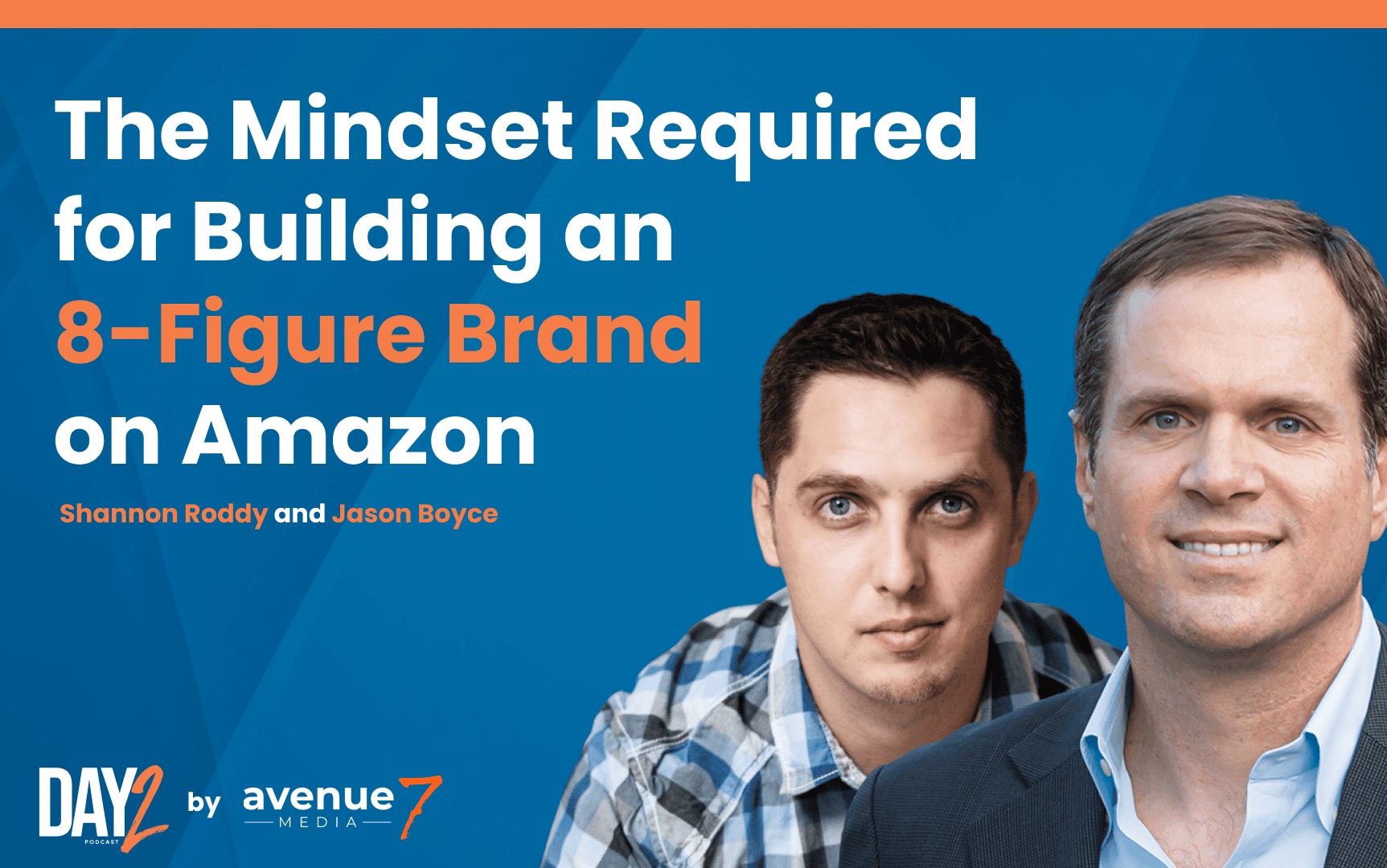
The Mindset Required for Building an 8-Figure Brand on Amazon
In this episode, Jason shares tips on the mindset required to scale 7 & 8-figure brands on Amazon, including channel control, advertising, listings, product development, and more.
Want to learn more about How To Sell On Amazon? See our articles below or contact us to learn more about How To Sell On Amazon.

In this episode, Jason shares tips on the mindset required to scale 7 & 8-figure brands on Amazon, including channel control, advertising, listings, product development, and more.

Amazon Brand Registry is a suite of tools designed to help you launch grow, protect your brand, and create a better Amazon customer experience
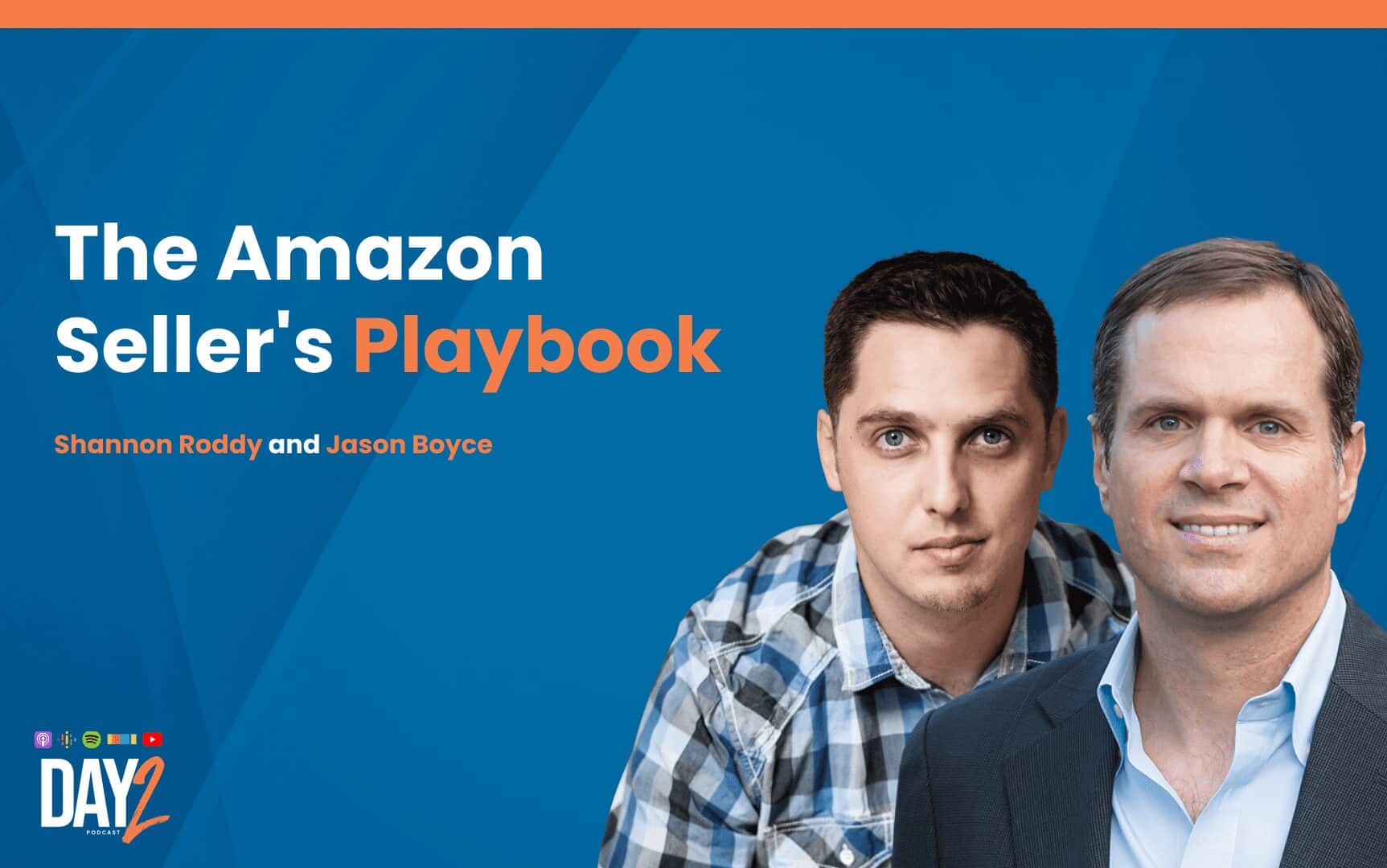
In this blog post, Shannon and I disclose the 5 fundamentals you MUST get right to set your brand for long-term success with the Amazon Seller’s Playbook
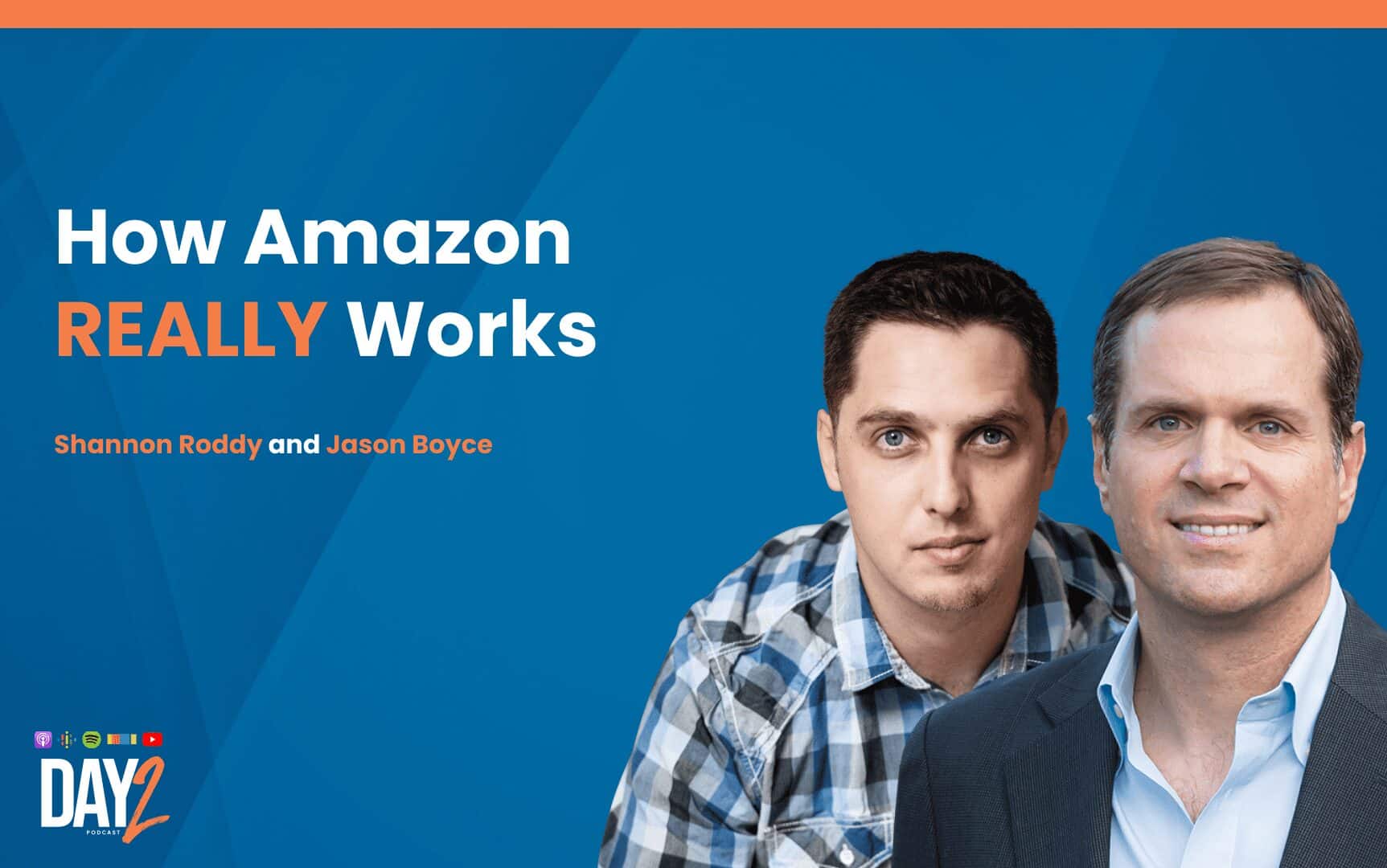
In this episode, I am joined by Shannon Roddy, Amazon strategist, educator, and business development lead for Avenue7Media, to take a deep dive into how Amazon really works.
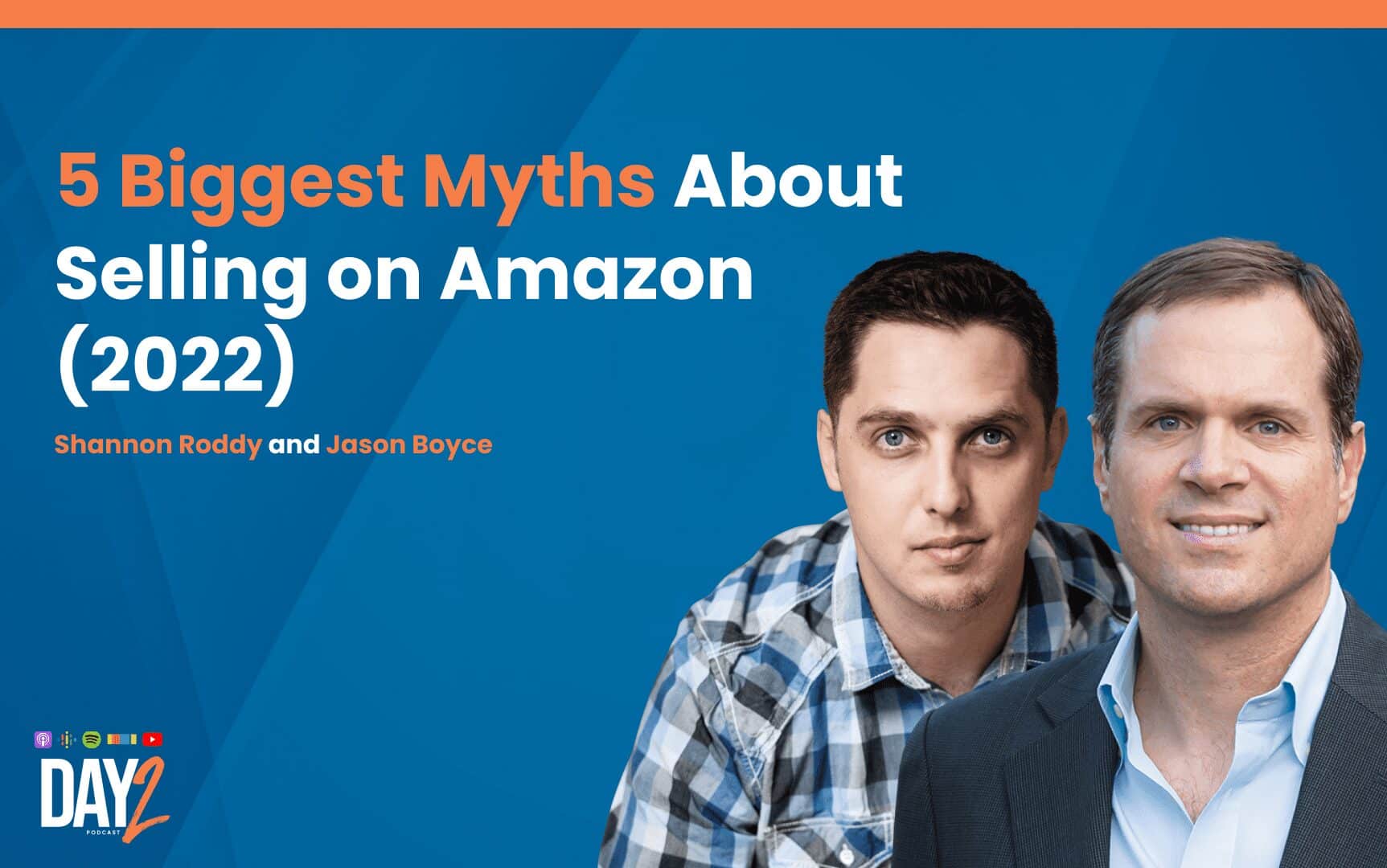
Despite Amazon being around for over two decades, and yet, there are still many myths that are prevalent. And it’s astounding how many companies and brand owners are falling for them.
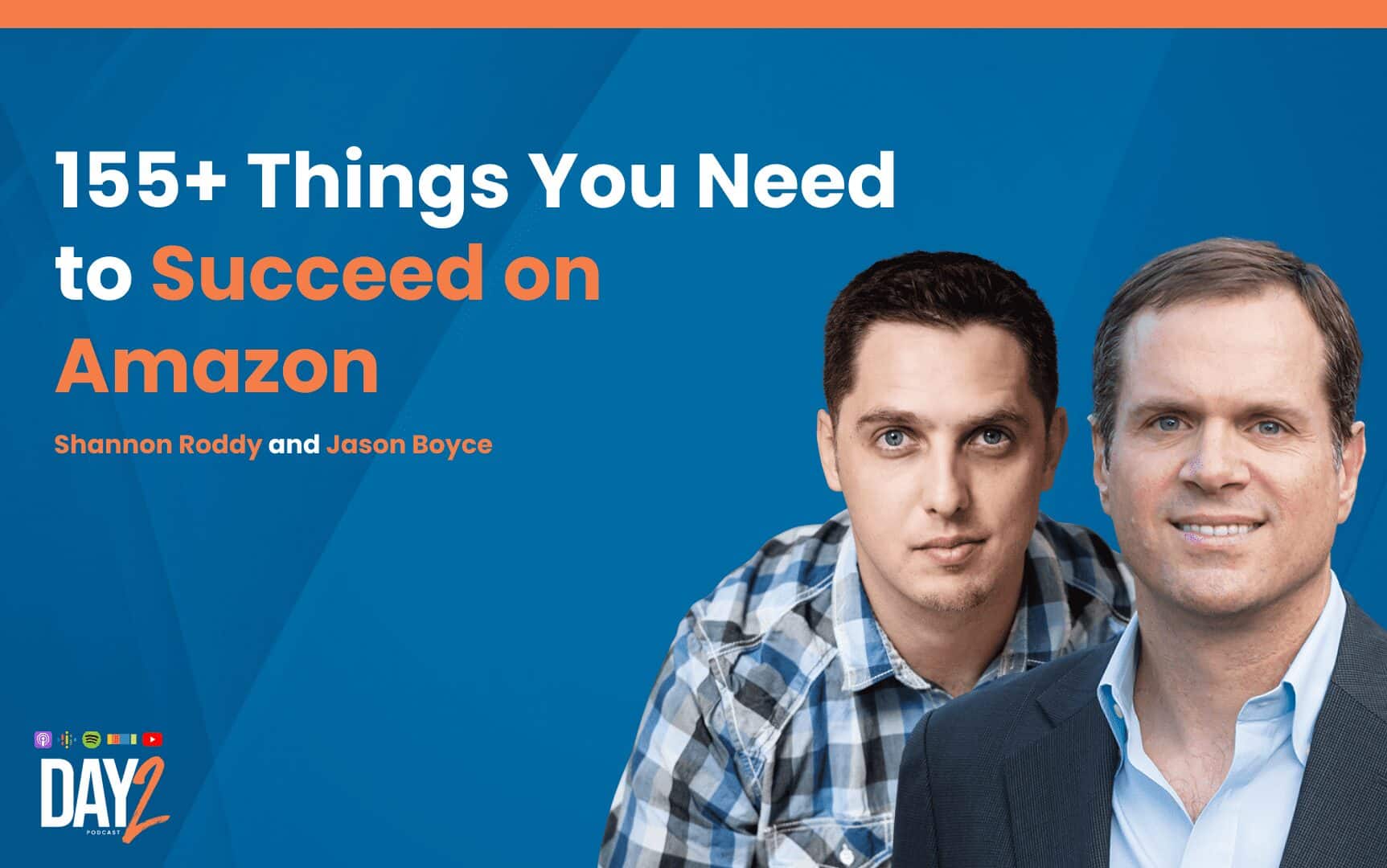
Welcome to the Day 2 podcast, where Jason Boyce and the Avenue7Media team are bringing you all the information you need to launch, grow, and protect your brand on Amazon.
100 Steps To Launch, Grow, and Protect Your Brand on Amazon.
Enter your email address below to download your checklist now.